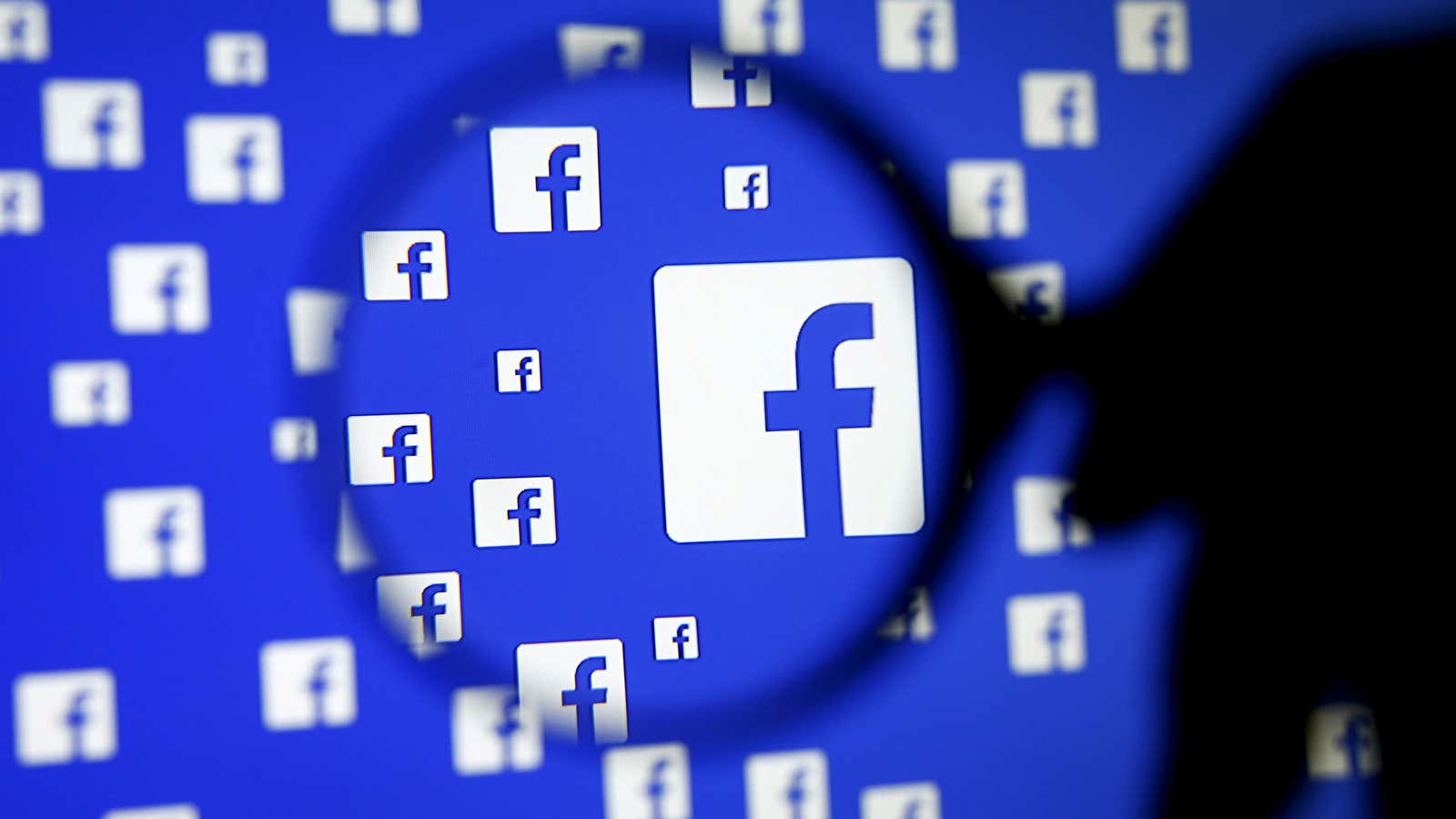Facebook has long had grand ambitions to improve internet access across Africa, and the rest of the world. Its controversial FreeBasics service, which helps users to access listed websites at no cost, is already launched in 21 countries across Africa where it hasn’t faced as much opposition as it has elsewhere. Even though Facebook says Free Basics has helped bring 25 million more people online globally, the social media giant is still working on technology to improve internet access.
Its latest plan is a networking hardware solution which moves data quickly across data centers called Voyager. With internet usage steadily growing, Facebook is focusing on creating more efficient data center technology to keep pace with data-intensive services. Facebook says Voyager will help “move more quickly toward a more open and connected world.“
For Africans, Voyager already appears a promising solution. MTN, the continent’s largest mobile operator, announced a successful test of the Voyager platform in data centers in Soweto, South Africa last month. MTN tested Voyager as part of Facebook’s Telco Infra Project (TIP), an initiative involving several telecoms operators collaborating on the development of new technologies.
“The test showed the highest performance with zero packet (signal) loss and potential for significant overall cost savings,” Navi Naidoo, MTN’s group network technology officer, has said. ”This means that the roll out of the Voyager platform will enable operators to install a network at a lower cost, which in turn, will result in cheaper connectivity for customers.”
The successful tests are a nice contrast to Facebook’s most recent internet expansion efforts. In September, a satellite which Facebook hoped would beam internet to sub-Saharan Africa exploded during a pre-launch test. It has also been claimed its FreeBasics service is favored by autocratic governments trying to control their citizens on the Web.
